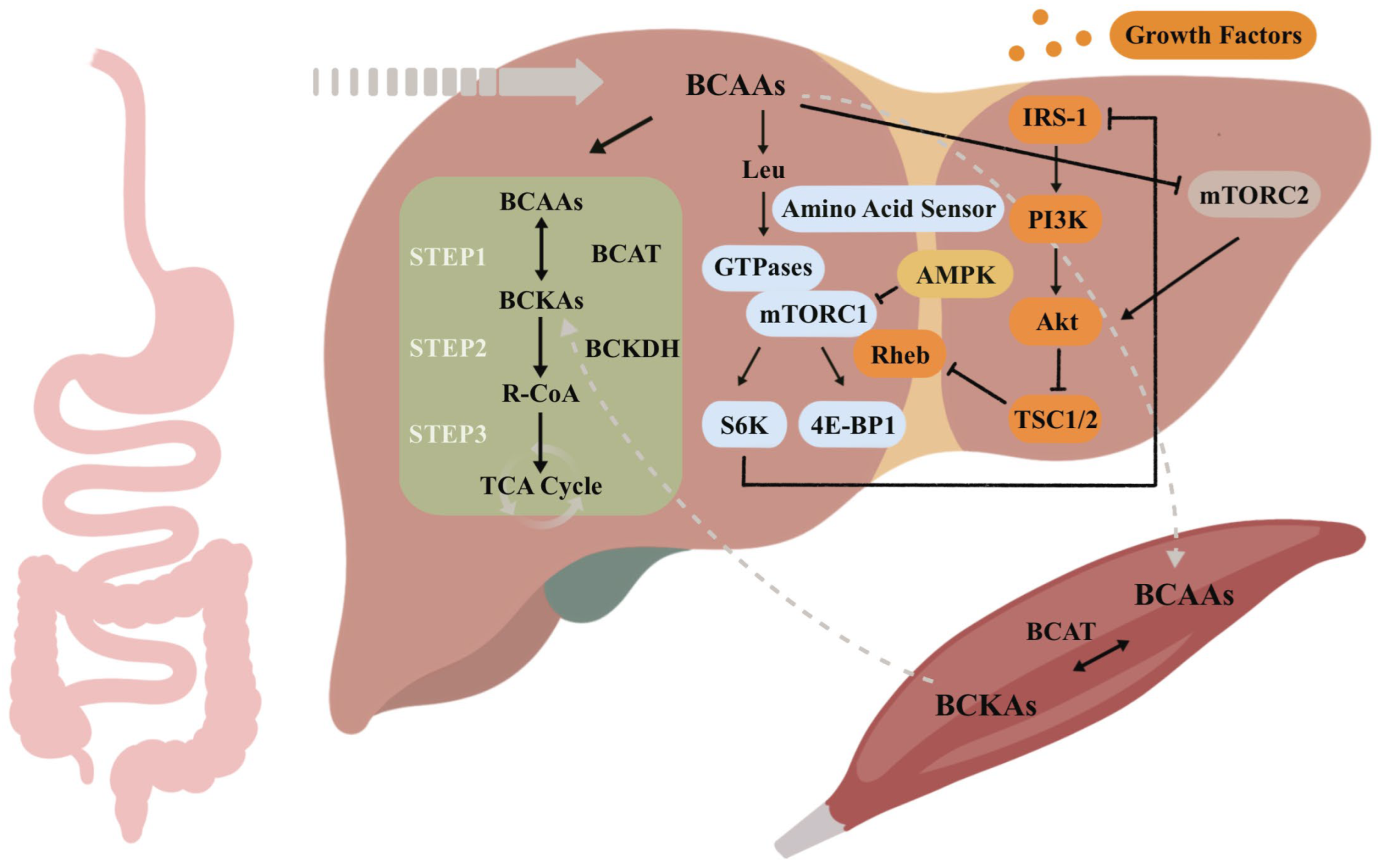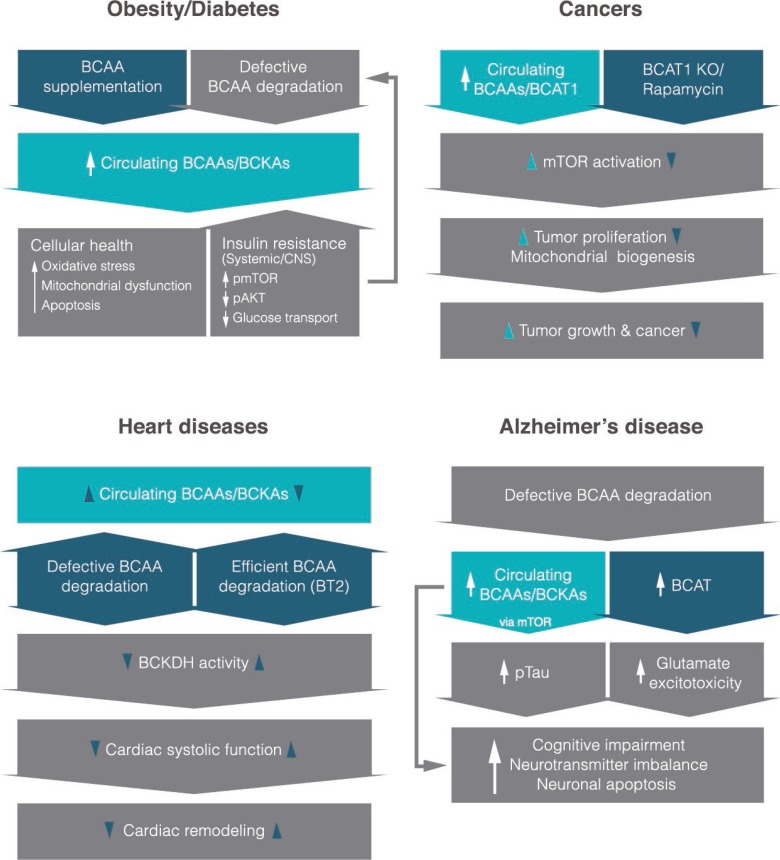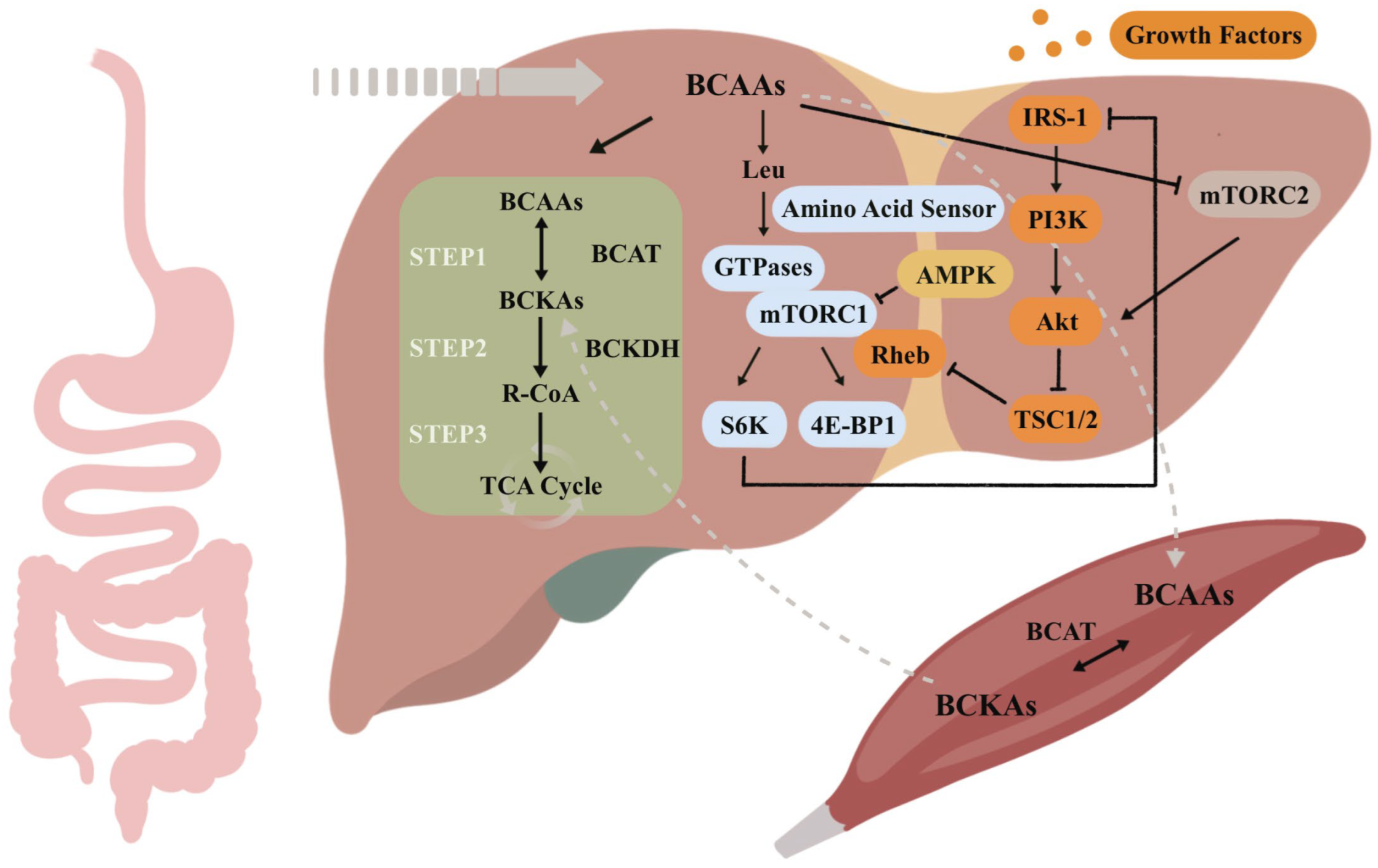Effective Ways to Use BCAA for Improved Muscle Recovery in 2025
Branched-Chain Amino Acids (BCAA) have become essential in the fitness world, especially in 2025, when maintaining muscle health and enhancing recovery are paramount for athletes and fitness enthusiasts alike. BCAA, which consists of three essential amino acids—leucine, isoleucine, and valine—plays a crucial role in muscle recovery, growth, and overall performance. Understanding the Vorteile von BCAA can significantly boost your fitness regime.
This article focuses on the key advantages of BCAA supplements, their application in various training scenarios, and how they can optimize your recovery process. We’ll explore the science behind BCAA, practical tips for effective usage, and strategies to maximize your fitness outcomes. Whether you’re engaging in Krafttraining or seeking to improve Ausdauertraining, knowing how to appropriately use BCAA is critical for achieving your Fitnessziele.

Understanding BCAA and its Benefits for Muscle Recovery
Building on the basics of muscle recovery, let’s delve into what BCAA is and why it’s effective.
What are BCAAs?
BCAAs are essential amino acids that the body cannot produce independently; instead, they must be obtained from food or supplements. The three amino acids comprising BCAAs—leucine, isoleucine, and valine—each play dedicated roles in protein synthesis, muscle metabolism, and cellular repair. BCAA supplements are commonly used to support athletes during high-intensity workouts and can contribute significantly to muscle repair and growth.
The Role of BCAAs in Muscle Recovery
Research indicates that BCAAs enhance recovery by reducing muscle soreness and damage post-exercise. This is especially important for athletes engaging in strenuous activities or those who experience Muskelkater. By mitigating these effects, individuals can return to their training routines faster, maintain Muskelmasse, and stay consistent in their workouts.
The Science Behind BCAA Supplementation
Studies show that post-workout BCAA supplementation can result in lower levels of muscle damage markers compared to a placebo. Moreover, BCAAs are known to stimulate insulin secretion, which can help transport glucose into muscle cells, enhancing energy recovery. Understanding these mechanisms can aid athletes in creating effective Supplementierungsstrategien.
Practical Ways to Incorporate BCAA into Your Routine
Now that we’ve established the foundational knowledge of BCAAs, let’s discuss practical applications that can maximize their benefits in your fitness routine.
Optimal Timing for BCAA Consumption
The timing of BCAA intake can crucially influence its effectiveness. Consuming BCAAs before or during workouts can help improve energy levels and performance. Post-workout, BCAAs can enhance recovery and reduce muscle soreness. Many athletes opt for BCAA powders mixed with water for immediate consumption during or after their training sessions, aligning with their Trainingsplan.
Combining BCAAs with Other Supplements
For enhanced results, consider combining BCAAs with protein and other amino acids. Research suggests that when paired with a complete protein source, the effects on muscle recovery and growth can be amplified. Formulations that include electrolytes can also aid Hydration, further optimizing performance and recovery.
Choosing the Right BCAA Product
Not all BCAA supplements are created equal. When selecting a product, pay attention to the ratio of leucine to isoleucine and valine, as a higher ratio of leucine is often associated with improved protein synthesis. Additionally, ensure that the product contains no unnecessary fillers or artificial ingredients to maintain a healthy approach to Sporternährung.

Identifying Your BCAA Dosage Needs
With an understanding of BCAA types and combinations, it’s crucial to identify the appropriate dosage for your specific needs.
General Dosage Guidelines
The general recommendation for BCAA supplementation is around 5-20 grams per day, depending on your training intensity and goals. For those engaged in intense workouts or bodybuilding, higher dosages may be beneficial to support muscle recovery and growth. Always consider your personal needs and adjust accordingly.
Monitoring Your Body’s Response
It’s essential to monitor how your body responds to BCAA supplementation. Pay attention to any changes in your recovery times, muscle soreness, and overall performance. Keeping a training journal can help you identify the right dosage and timings that work best for your routine.
Consulting with Professionals
Consulting a nutritionist or a sports dietitian can provide personalized advice on BCAA supplementation tailored to your unique goals and Körpergebrauch. Professional insights can lead to a more effective and beneficial supplementation strategy.
Common FAQs About BCAA Usage
Exploring frequently asked questions can provide valuable insights into BCAA supplementation.
What are the side effects of BCAA?
Generally, BCAA supplements are considered safe for most people when taken in recommended doses. However, excessive intake can lead to gastrointestinal issues. Monitoring your intake and maintaining proper hydration levels can help mitigate these effects.
Can BCAAs aid in weight reduction?
Indeed, BCAAs may assist in weight reduction by promoting muscle maintenance during calorie deficits. This is particularly beneficial for preserving muscle mass while supporting fat loss goals.
Should I choose BCAA powders or capsules?
This decision typically comes down to personal preference. Powders often have faster absorption rates, making them ideal for pre- and post-workout use, while capsules are convenient for on-the-go consumption.
Conclusion: Maximize Recovery with BCAA
BCAAs can be an essential component in optimizing muscle recovery and enhancing performance in 2025. With their numerous applications and benefits, understanding how to effectively integrate BCAA into your fitness regime can lead to better recovery, improved training outcomes, and achievement of your fitness goals.
For a deeper look into related topics of BCAA and fitness nutrition, visit here.
By applying these effective strategies, you’ll be well-equipped to harness the full potential of BCAAs in supporting your fitness journey.
